




There are few things as life-changing and mind-blowing as the four years you’ll spend at Furman. The high-caliber academics. The dedicated mentors. The lifelong friendships. The stunning beauty. It’s all here. For you.
At Furman, you’ll find boundless opportunities to stretch your wings with undergraduate research, internships and study away. You’ll find small classes taught by professors and not TAs. You’ll find big school fun with Division I athletics and tons of student organizations while getting small school advantages of support and access.
We might be small, but you’ll be part of something big.
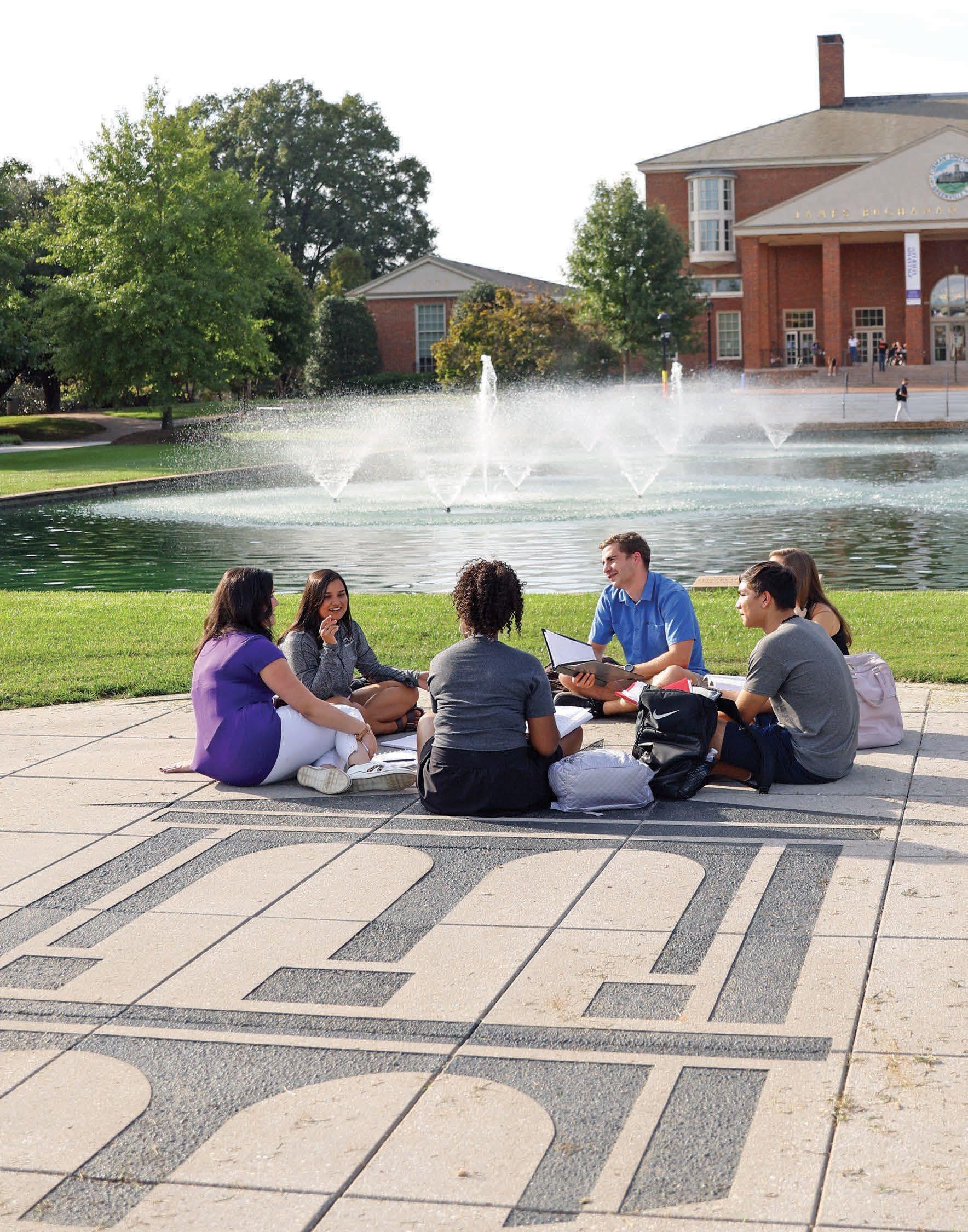
Welcome to the Greenville County College Fair! We are so fortunate to collaborate with the Greenville Journal to promote access to college for our local high school students. We work hard each year to bring this experience to the families of Greenville County and the Upstate. The planning committee is made up of volunteers; we are also parents, wives, husbands, college graduates, educators and community members who care about your future success. This planning committee is supported by the Carolinas Association of Collegiate Registrars & Admissions Officers whose mission is to provide every prospective student in North and South Carolina the opportunity to attend an educational program.
This college fair is for you
There are several paths to consider taking after high school: work, college, and service. All three paths can be enhanced with an education. We know this generation of college bound students are having to make really hard, big decisions at the beginning of young adulthood. The benefits to a version of education after high school are important in this rapidly changing world. Finances, family support, and achievement are all factors to deciding if college is right for you. We have set the stage, inviting 100+ colleges and universities to join in this conversation with you. This College Guide will be a great resource for you. More than 100 college representatives await your arrival, so we want you to be prepared to make the most of this experience. After all, where else can you access this many colleges and universities from across the country for free? Inside this College Guide you will find preparation from tips for high school seniors who are starting the college application process this fall and for juniors who are honing in on their college search, to guidance for sophomores and freshmen who are starting their college search process. We encourage you to explore topics of interest and make plans to join us at the college fair! This is a two-day event: morning sessions are reserved for students to visit during the day with their high school and the evening session is open to the public. Ask your school counselor which day you will attend and definitely talk about this opportunity with your family!
We hope to see you there.
Together, Greenville County College Fair Planning Committee
Email: greenvillecountycollegefair@gmail.com
Website: www.greenvillecountycollegefair.org
Facebook and Instagram: greenvillecountycollegefair
GREENVILLE COUNTY COLLEGE FAIR PLANNING COMMITTEE
CHAIR: ALLYSON BROWN | Spartanburg Methodist College
COMMITTEE MEMBERS
JENN ALBRIGHT
St. Joseph’s Catholic School
BRANDI BABB
Legacy Early College
JUDY BENEDICT
Giraffe Web Development & Design
JAY BLANKENSHIP
Renewable Water Resources
TARSHA BROWN
Greenville Technical College
VANEASHA DANZY
JL Mann High School
LYNN EDWARDS
JL Mann High School
FRANK ESTRIDGE
North Greenville University
DYAMOND HENDERSON
Legacy Early College
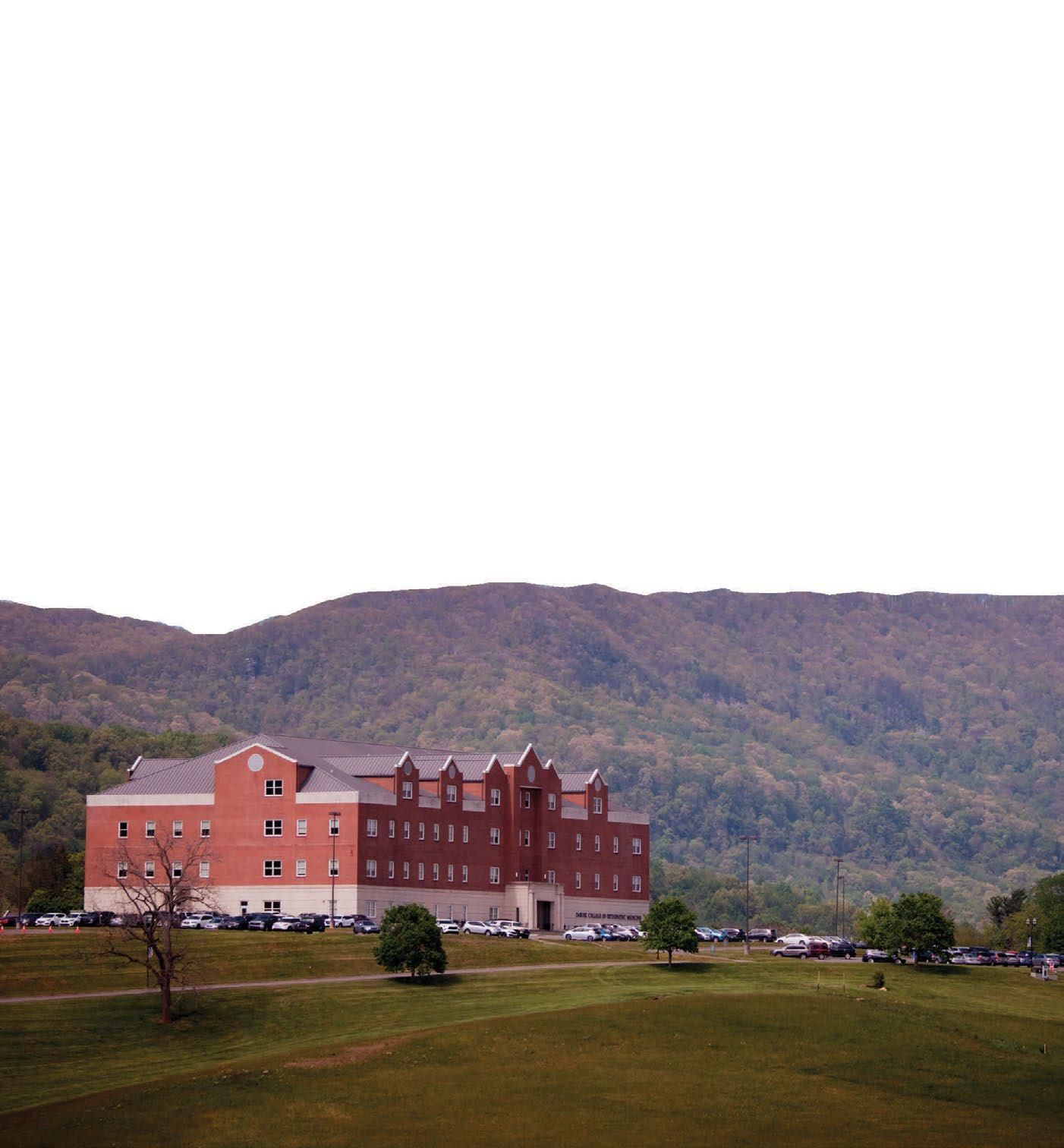
ELIZABETH HOUSE Greenville County School District
KAREN ROGERS
Greenville Technical Charter High School
LINDA SCHULZ (College Guide Coordinator)
Christ Church Episcopal School
SARAH STEELE
Southside Christian School
MONDAY, SEPTEMBER 18
9:00-11:30 am College Fair – Greenville County Public Schools
5:30-7:30 pm College Fair
7:15-8:00 pm Seminar: The College Financial Aid Process
TUESDAY, SEPTEMBER 19
9:00-11:30 am College Fair – Greenville County Public Schools
WHERE: Greenville Convention Center, 1 Exposition Dr. Greenville, SC
FREE TO THE PUBLIC!
You are encouraged to register with StriveFair.com prior to the Greenville County College Fair to get a personalized barcode that you can share with colleges when you visit their booths. This is a free service that will save you time as you meet with college representatives.
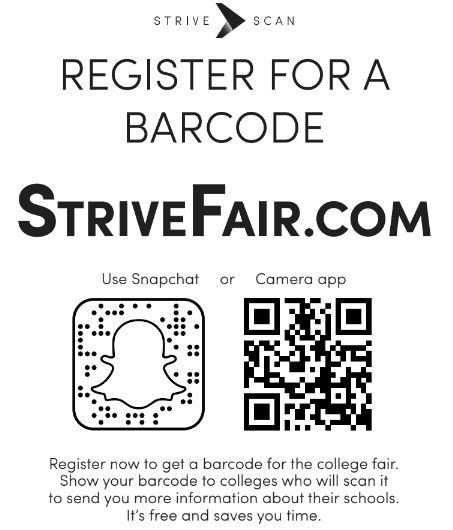
Make the most of your College Fair experience
now!
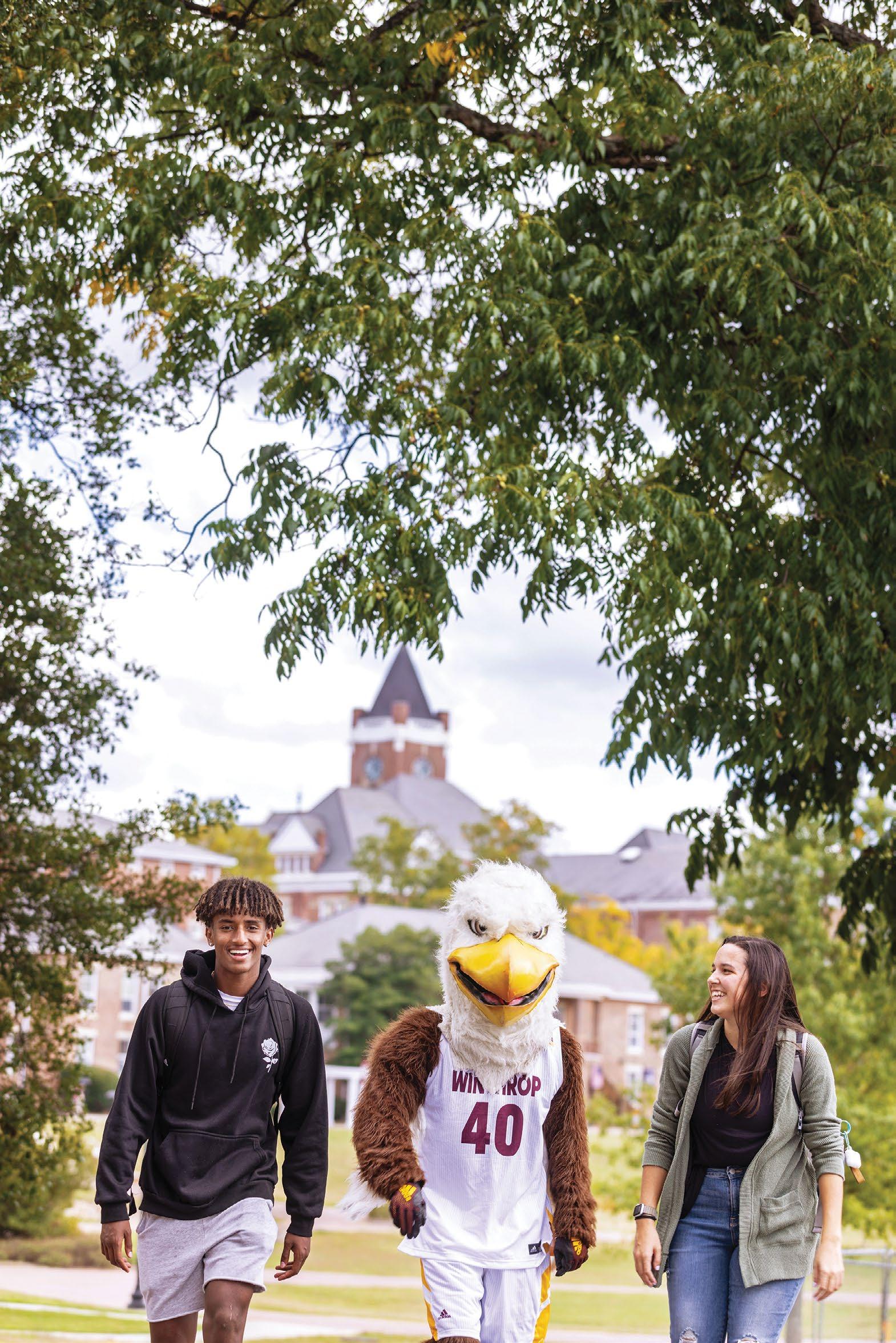
Anderson University
Appalachian State University
Arclabs Welding School
Auburn Univeristy
Barton College
Belmont Abbey College
Benedict College
Bob Jones University
Brevard College
Carson-Newman University
Catawba College
Charleston Southern University
Claflin University
Clemson University
Coastal Carolina University
Coker University
College of Charleston
College of Coastal Georgia
Columbia College
Columbia International University
Converse University
East Tennessee State University
Embry-Riddle Aeronautical University
Emory and Henry College
Erskine College
Fayetteville State University
Florida Southern College
Francis Marion University
Full Sail University
Furman University
Gardner-Webb University
George Mason University
Georgia State University
Greenville Technical College
Guilford College
Hampden-Sydney College
High Point University
Hollins University
Johnson & Wales University
Johnson C. Smith University
Kennesaw State University
Kent State University
Kettering University
Lander University
Lees-McRae College
Lenoir-Rhyne University
Limestone University
Lincoln Memorial University
Mars Hill University
Mercer University
Milligan University
Mississippi State University
Newberry College
North Carolina State University
North Greenville University
Nova Southeasern University
Oglethorpe University
Ohio University
Paul Mitchell The School
Pfeiffer University
Piedmont University
Presbyterian College
Queens University of Charlotte
Roanoke College
Salem College
Samford University
South Carolina Army National Guard
South Carolina State University
Southeastern Esthetics Institute
Southern Wesleyan University
Spartanburg Methodist College
St. Andrews University
The Citadel
The University North Carolina at Charlotte
The University of Alabama in Huntsville
The University of Mississippi
The University of Tennessee Knoxville
Universal Technical Institute
University of Mary Washington
University of Mount Olive
University of North Carolina at Greensboro
University of South Carolina
University of South Carolina Aiken
University of South Carolina Beaufort
University of South Carolina Union
University of South Carolina Upstate
University of Toledo
Virginia Tech
Warren Wilson College
Washington College
Western Carolina University
Winston-Salem State University
Winthrop University
Wofford College
COME FOR A VISIT, STAY FOR YOUR FUTURE
OPEN HOUSE
Sat., Sep. 30, 2023
Sat., Oct. 28, 2023
Sat., Feb. 24, 2024
Sat., Mar. 23, 2024
TOUR CAMPUS, EXPLORE ACADEMICS AND STUDENT LIFE, AND LEARN ABOUT ADMISSION & FINANCIAL AID
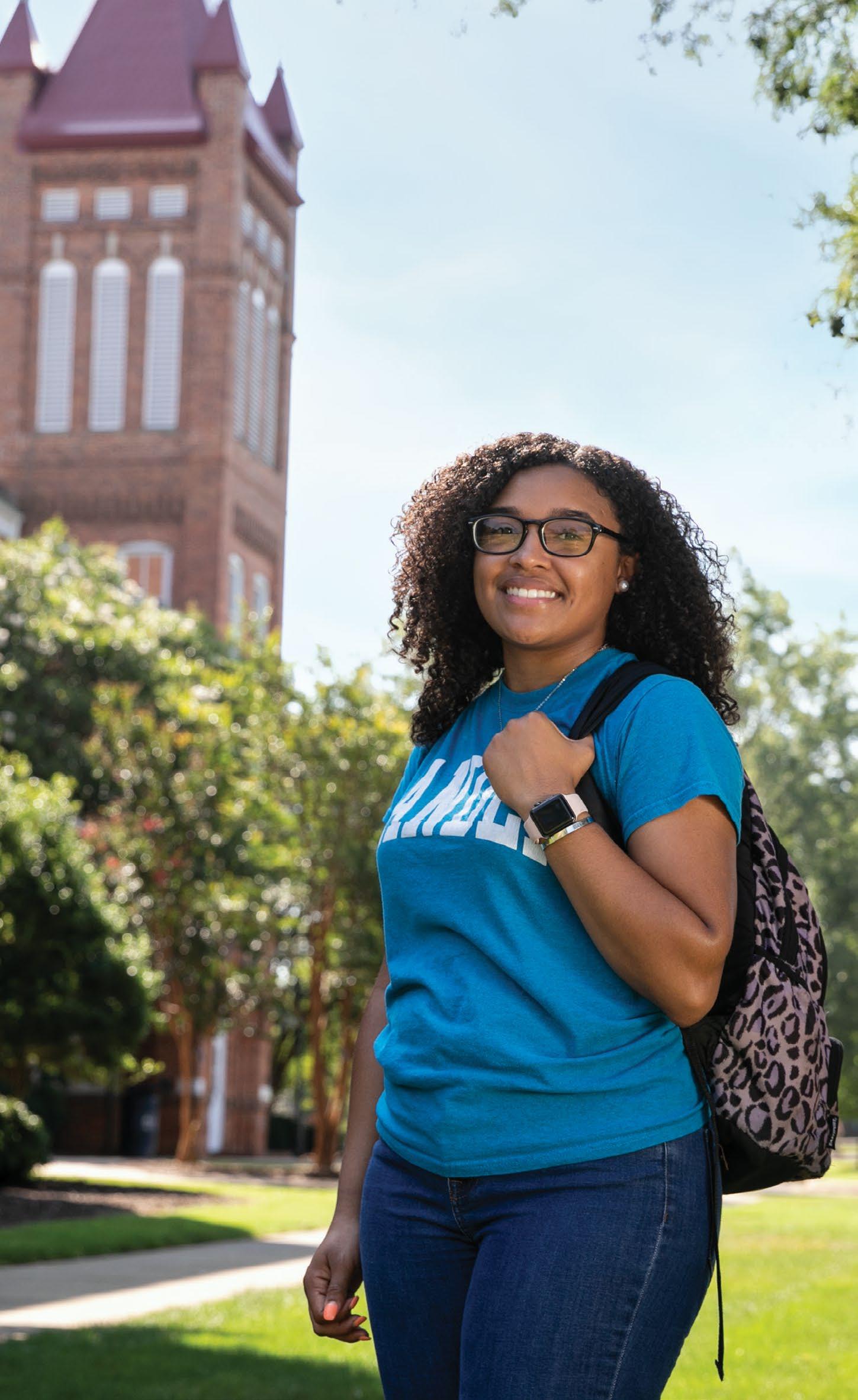
FROZEN TUITION
$11,700
IN-STATE, FULL-TIME TUITION & GENERAL FEES–FROZEN TUITION FOR THE 8TH CONSECUTIVE YEAR
WEEKDAY VISITS
Monday – Friday, 10 AM & 2 PM
- WALKING TOUR OF CAMPUS & RESIDENCE HALLS
- INFO SESSION WITH AN ADMISSIONS COUNSELOR
Register online before the fair to receive a barcode for easy onsite access to college representatives. Print or take a screenshot on your phone of the barcode and bring it to the fair as your electronic ID. Online registration leaves more time for you to meet one-onone with admission representatives.
Ask yourself the following questions:
• Do I want to attend a large, medium, or small school?
• What major do I wish to study?
• Do I want to attend an urban, suburban, or rural school?
• Do I want to attend a two-year, four-year, single-sex, or religiously-affiliated school?
• Do I want to participate in athletics, clubs, fraternities, sororities, or special programs such as study abroad or cooperative education?
Research colleges attending the fair to determine if they meet your search criteria and make sure to reference your College Matchmaking™ email to ensure you connect with your best fits! And, make a list of questions to ask college representatives.
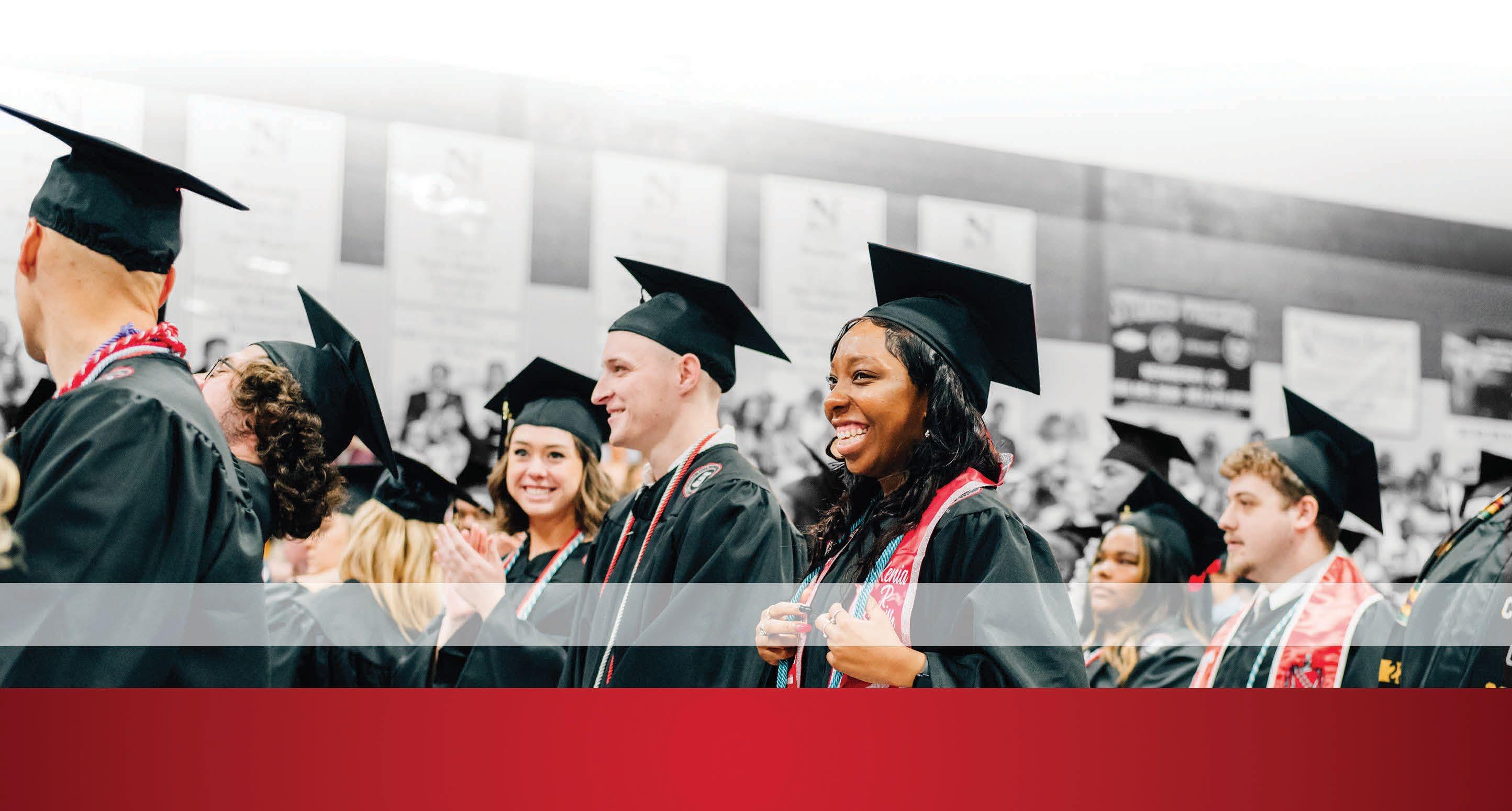
Learn more about College Matchmaking at: nacacattend.org/fairs/college-matchmaking
• Pick up a fair directory and bag for all of the materials you collect.
• Visit the schools on your College Matchmaking™ list that aligned best with your attributes that you provided at the time of registration or are the closest match to your search criteria.Be adventurous. Don’t just talk to the wellknown schools.
• Ask the college representative to scan your barcode. This will allow the representative to follow up with you directly—and quickly.
• Ask the same questions to each college representative you visit.
• Take notes. Write down what you find most interesting about each college.
• Attend an information session (if available) to learn more about the college search process, financial aid, and other topics.
• Review college websites, catalogs, and viewbooks to gather more information to help narrow your choices.
• Send a thank you note/email to the college representatives you met. This simple gesture can show admission officials you’re serious about wanting to attend their college
• Bringing a wing person to make sure you can hit every table you’re interested in is always a good plan. We suggest printing your barcode out twice, so you guys can divide and conquer all you want.
• Another tip, set up an email account specifically for the college admissions process. You will be getting a lot of correspondence from these folks. You want to make sure to handle emails quickly and not miss anything. On the other hand,

Regular Decision Rolling Admission
Students submit an application by a specified date and receive a decision in a clearly stated period of time.
Institutions review applications as they are submitted and render admission decisions throughout the admission cycle.
Early Action (EA)
Students apply early and receive a decision well in advance of the institution’s regular response date.
Early Decision (ED)
Students make a commitment to a firstchoice institution where, if admitted they definitely will enroll and withdraw all other applications. The application deadline and decision deadline occur early.
Restrictive Early Action (REA)
Students apply to an institution of preference and receive a decision early. They may be restricted from applying ED or EA or REA to other institutions. If
NON-BINDING
NON-BINDING
NON-BINDING BINDING
Students are not restricted from applying to other institutions and have until May 1 to consider their options and confirm enrollment.
NON-BINDING
Students are responsible for determining and following restrictions.
Source: National Association for College Admission Counseling
The National Association for College Admission Counseling, founded in 1937, is an organization of more than 25,000 professionals from around the world dedicated to serving students transitioning from secondary to postsecondary education. NACAC is dedicated to providing counseling and admission professionals with the expert advice and tools they need to better serve students and improve the college transition process.


Liberal arts colleges focus on the education of undergraduate students. Classes are generally taught by professors who see teaching as their primary responsibility. Students who attend liberal arts colleges are exposed to a broad sampling of classes. In addition, they select at least one area of in-depth study that is their college major. Many employers look for graduates of liberal arts programs because they are well-rounded.
Universities are generally larger and include a liberal arts college, as well as colleges focused on preparation for specific careers, like nursing or education. Universities offer a greater range of academic choices than liberal arts colleges, but often come with classes that are quite large. Research opportunities and other extracurricular options are readily available.

Technical institutes and professional schools enroll students who have made clear decisions about what they want to study and emphasize preparation for specific careers in music, fine arts, engineering, or technical sciences.
Historically Black Colleges and Universities originated at a time when AfricanAmerican students were systematically denied access to most other colleges and universities. Students at HBCUs have a unique opportunity to experience an educational community in which they are a part of the majority. They find committed faculty mentors who encourage their expectations of success.
Tribal colleges are similar to HBCUs, but they focus on the needs and education of American-Indian students.
Similarly, women’s colleges, with their larger numbers of female faculty and administrators, offer college women confidence-building role models, greater opportunities to serve in a full range of student leadership positions, and a heightened awareness of career possibilities for women. Women’s colleges graduate a high number of science majors, as well as students who continue on to graduate school and/or professional studies.
Did you know that Greenville Technical College graduates earn more than 40% higher annual incomes than those with just high school diplomas?*

Start today! Visit www.gvltec.edu.
*Source: GTC Economic Impact Report (www.gvltec.edu/roi/)
Religiously-affiliated colleges and universities were formed by religious groups and organizations. Although they are not limited in admission to members of that religious group, they often run in alignment with religious principles. To graduate, students may be required to take one or two religion classes (and sometimes more).
Community or junior colleges generally offer the first two years of a liberal arts education in addition to specialized occupational preparation. An associate degree is awarded at the end of a two-year program of studies. Many students continue their education at a four-year institution.

For-profit colleges operate under the demands of investors or stockholders. These private institutions exist, at least in part, to maximize profits for their owners. Not all for-profit schools are predatory. But countless instances of unscrupulous conduct by for-profit colleges have been revealed through investigations by the federal government, media, and state attorneys general.
Source: National Association for College Admission Counseling
While no two are exactly alike, most colleges fit into one or more of the following categories:
With 100+ programs, we have something for you!


3.5 SC UGP GPA, 1200 SAT or 2 ACT, and Top 6% rank in Grade 10, 11, or 12 If class rank criteria not met...
4.0 SC UGP GPA, and 1400 SAT or 3 ACT
3.0 institutional GPA, and Earn 30 credit hours per academic year*
*cannot include hours earned from AP, IB, CLEP, or dual enrollment.
Can be received for a maximum of 8 terms.
Attending a 2-Year Institution? 3.0 SC UGP GPA
Attending a 4-Year Institution? Meet 2 of following 3:
3.0 SC UGP GPA 1100 SAT or 2 ACT
Rank in top 30% of graduating
3.0 LIFE GPA, and Earn an average of 30 credit hours per academic year*
*includes hours earned from AP, IB, CLEP, or dual enrollment.
Can be received for a maximum of 8 terms.
4-Year Institutions Only 3.0 SC UGP GPA
3.0 LIFE GPA, and Earn an average 30 credit hours by end of first academic year (can include hours earned from AP, IB, CLEP, or dual enrollment).
If SC HOPE recipients have satisfied these criteria at the end of theirfirstacademicyear,they can be enrolled in the LIFE Scholarshipprogram.

Determined "in need" by completing the FAFSA.
2.0 GPA, Earn 24 credit hours, and Complete the FAFSA annually, so "in need" status can be confirmed.
2-Year Institutions Only
Complete FAFSA or FAFSA waiver, Enroll in at least six credit hours
Maintain satisfactory academic progress; After attempting 24 hours, earn a minimum 2.0 GPA; and Complete the FAFSA annually
StudentsarenoteligibletoreceiveLottery Tuition Assistance for morethanonecertificate,diploma,ordegreeearnedwithinany fiveyearperiodunlesstheadditionalcertificate,diploma,ordegree constitutesprogressinthesamefieldofstudy.
As high school seniors are finalizing the college application lists and completing applications, most find the process fairly straightforward until it is time to write the essay or personal statement. For many students, the essay is the last hurdle and causes more procrastination and bewilderment even for the best writers. The essay is not designed to be a hurdle or block, but it is designed to give students the opportunity to “talk” to college admission counselors and provide more insight into the person beyond the numbers. In addition to getting to know you, the applicant, better, colleges are interested in how you communicate and how clearly you share your thoughts or highlight an accomplishment that is
• Be yourself. Use words that are natural to you. Write in your own voice and style.
• Find a topic that excites you or that you have a keen interest in if you bring a genuine interest to your writing, then the admission counselors reading your essay will find it interesting.
• Write about something you know!
• Show your topic don’t just tell us about it but use vivid examples describe the scene, the person, use details.
• Use active verbs instead of passive verbs.
• Draft, edit, and rewrite. Once you write the final draft, read it aloud and ask yourself if it conveys the topic and message you are trying to convey. Ask a teacher, a parent or a friend to
• Don’t write what you think others want to read.
• Don’t wait until the last minute and send in your first draft.
• Don’t write about broad topics and generalizations.
• Don’t overwrite and pull out the thesaurus to use big words.
• Don’t neglect the technical parts grammar, spelling and structure.
• Don’t ramble. Say what you want to say, and conclude.
• Don’t confuse applying online with sending an email. It is important that your writing is clear and that you use correct grammar.
Don’t let careless flaws take away from your essay topic. We want to notice you, not the grammatical errors or misspelled words.
Remember that the essay is only one part of the application. While the essay is only one piece of the application process, it is important to know that colleges that require essays or personal statements read these essays. The essay is a great vehicle for showcasing something that is important to you or about you.
An essay won’t compensate for a weak academic record, but an essay may sway a decision in a close case. So, be yourself and select a topic that you are comfortable writing about and that is important to you. View the essay as an opportunity to tell us more about the person behind the application and the numbers.

Clemson University empowers, encourages and educates every student by combining a small-town feel with large university resources. We create a unique experience on campus that will inspire you for the rest of your life.
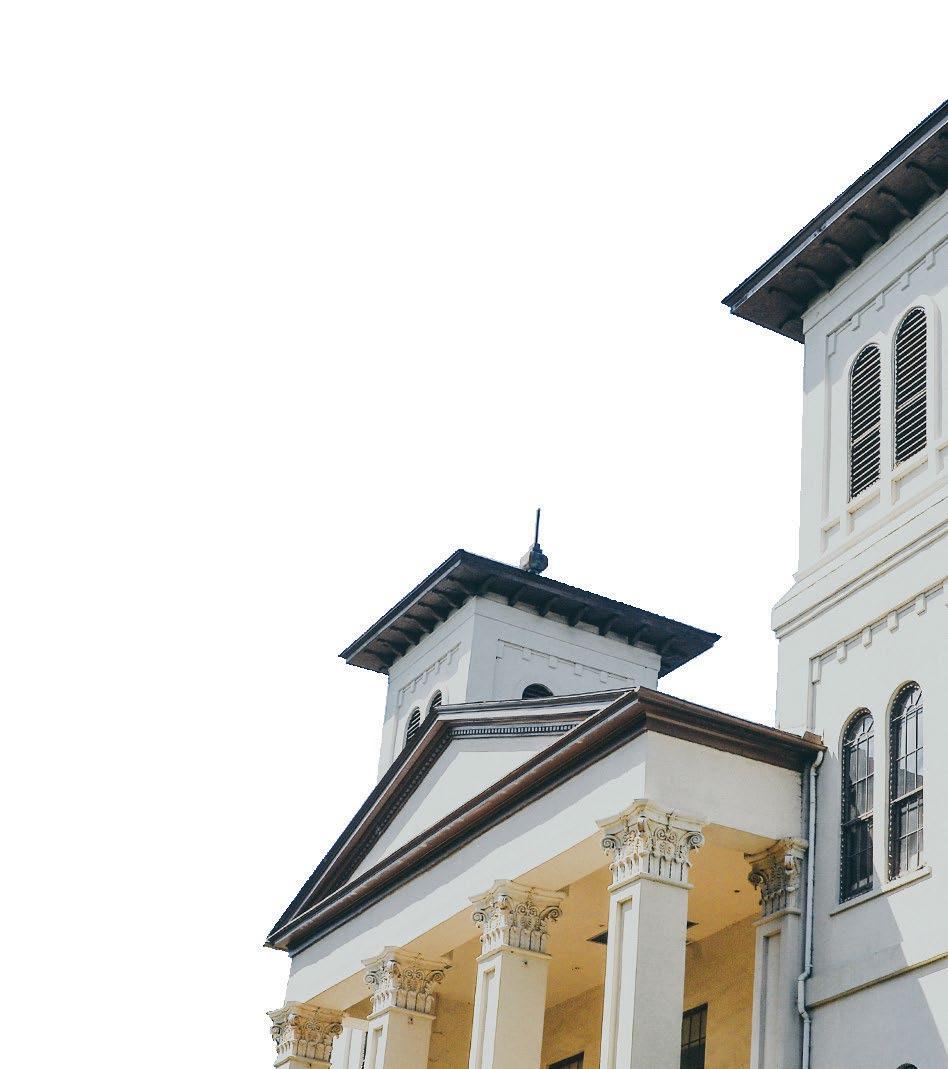

•Ranked as a top public universi for 15 consecu ve years (U.S. News & World Report, 2023).
•Best Value College (The Princeton Review, 2023).
•No. 9 Their Students Love
These Colleges (The Princeton Review, 2023).
•R1 highest research ac vi designa on from the Carnegie Classifica on of Ins tu ons of Higher Educa on.

•No. 1 Best Career Services (The Princeton Review, 2023).

•No. 3 Most Trusted Universi es (public schools) (Morning Consult, 2022).
A campus visit will help you know us a little better. And we hope you find that the best is yet to come at Clemson. Plan your trip now at clemson.edu/visit.
Wofford College is a “fantastic option for students seeking a ‘rigorous’ liberal arts experience.”
REVIEW
Exhilarating, joyful, and celebratory. Overwhelming, isolating, and difficult. All words often used to describe the college search process. And if you find yourself feeling any such emotions, you are not alone! After conversations with hundreds, if not thousands, of college bound students and their loved ones over the years, there remains true several common choice sets that instill confidence in decision making and help students reflect on what is most important in their plans for college success.
Maintaining a student-centered conversation in
the college search process will allow the student to create a very tailored list of colleges and universities that will fit their individual needs.
• In what type of classroom environment does the student excel?
• In what type of campus environment would the student thrive?
• Is there a preference for being closer, or further, to home?
This approach likely means that the intents, hopes, and wishes of parents, guardians, or supporters may not align with what the student envisions for themselves. By supporters letting the student lead this process, space is created for greater trust, collaboration, open communication throughout the college search.

Many students note that talking about career aspirations and college goals every night of the week, or on holidays with extended family, is not the most awaited conversation. And in doing so, may unintentionally lead to increased insecurity and anxiety around the process. Students and loved ones who limit the scope of discussion, as well as the scope of involvement from others, are better able to maintain control of personal decisions and instill confidence in the student’s process.
• Who needs to know about, or play a role in, the college search and decision process?
• What resources will you determine as influential in your college search? And what sources may clutter your search?
North Greenville University exists to glorify God by cultivating graduates who are equipped to serve as transformational leaders for church and society. You’ll be challenged academically and spiritually by caring faculty and staff as you pursue your calling at NGU.
Take the path toward your true north at North Greenville University. We’ll help you uncover your aspirations, cultivate your values, and embrace the calling God has for your life!

Earn your degree from NGU regardless of where you are in life!
+ Onsite
+ Fully Online
+ 125 areas of study
Explore more at ngu.edu
We’ll be your guide.
Find
true north.
discussion night?

In a world where we often consume and share personal information at the swipe of a finger, you are encouraged to choose wisely how far and wide

3. TOUGH CONVERSATIONS HAPPEN EARLY.
Identifying family factors at the start of the college
search process provides guardrails, cohesion, and trust between student and loved ones. Whether the parameters may be regarding financial fit, geographic location, or other, these conversations only get more difficult further into the application process. Having these types of discussions early in the college search allows for both the student and supporters to be aligned on these important decisions from the beginning.
All too often this college search process is heralded as a competition with a prize to be won, when it is rather a journey for each student to discover the college environment best suited for their individual needs and
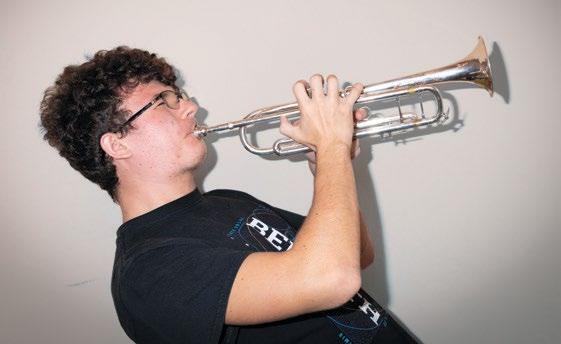



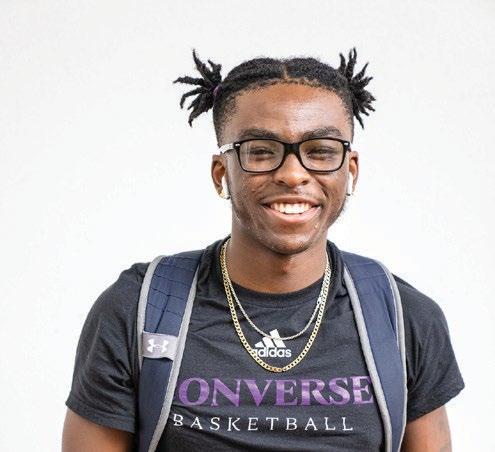
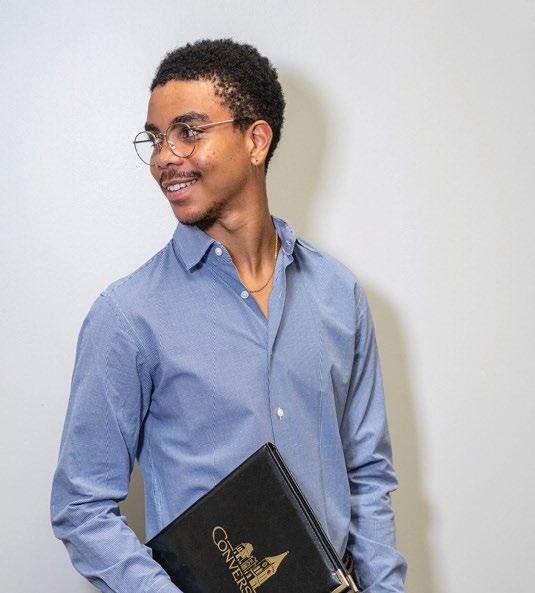
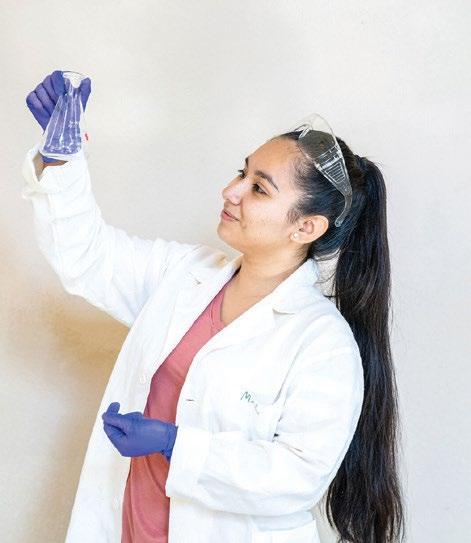


Students and their supporters are encouraged to utilize the resources offered by school counseling offices, the National Association for College and Admission Counseling (www.nacacnet.org/student/) and for questions specific to certain colleges and universities, connect with an admissions representative, as additional tools in the college search process.

Throughout my 14 years of college recruiting experience, one reaction has remained constant: the overwhelming look of confusion on the faces of students (and parents) when the time comes to start applying to colleges for admission. Keeping up with all your college information can be a lot and the last thing colleges want is for prospective students to feel the heavy burden of remembering important dates and deadlines. Here is the advice I offer to many families as my best advice on staying organized during this exciting and stressful time of high school.
Sounds simple and somewhat elementary but it is helpful. Buy (or print a template from Microsoft Word) a wall calendar and choose where in your house it will be displayed. In the kitchen and/or near the refrigerator is usually a central location for family members. As you add important dates to your calendar, there is an element of visibility and accountability for not only the student but parents/ guardians, too. Most colleges have different dates so get creative and add your dates with different colors or indicators to help keep track of the year. Your calendar might include the following:
1st layer of dates – College application deadlines
2nd layer of dates – Campus tours and/or open house events
3rd layer of dates – Meeting with school counselor on application materials
Some people feel more productive by making a listing and checking off completed items. The same advice applies, keep this list in a safe place that you will revisit often. The benefits of a list gives an opportunity to
add more detailed items to stay on top of what is due when. Your list may look like this:
College #1 –
1) Meet with school counselor – August
• Request high school transcript
• Write college essay
• Ask recommender to write letter of recommendation
2) Visit campus for tour or Open House – September
3) Submit college application – October
4) Submit the FAFSA after December 1

In today’s world of technology, there may be a preference to always have your list available digitally. Find a list maker app that is easy to navigate and set your to-do items that way. A KanBan app (or physical board) is great to have at your fingertips and feel productive in making progress as often as the detailed items are completed. Conceptually, a Kan Ban board is a
The idea is to find the best, most functional, way to stay and keep organized. Once the school year starts, your calendar will fill quickly with school assignments, athletic events, work obligations and family plans. Colleges try to help keep you organized too by sending reminders on what materials are due and upcoming visit opportunities so check your email often! Regardless of your preferred method, keep those college materials arriving in your mailbox in a folder for you and your family to review when
TO BE A
WARRIOR
WARRIOR
PLAN YOUR VISIT
PLAN YOUR VISIT
NOVEMBER 10, 2023
FEBRUARY 19, 2024
FEBRUARY 19, 2024
MARCH 22, 2024
MARCH 22, 2024
APRIL 19, 2024
APRIL 19, 2024
Scan to sign up

SOUTHERN WESLEYAN UNIVERSITY
SOUTHERN WESLEYAN UNIVERSITY
Greenville
Greenville
907 Wesleyan Drive Central, SC 29630
SC
34°43’40.3”N 82°45’45.1”W
34°43’40.3”N 82°45’45.1”W
www.swu.edu
www.swu.edu

@swu_edu
@swu_edu
/southernwesleyan
Clemson Columbia COME SEE WHAT IT’S LIKE
/southernwesleyan
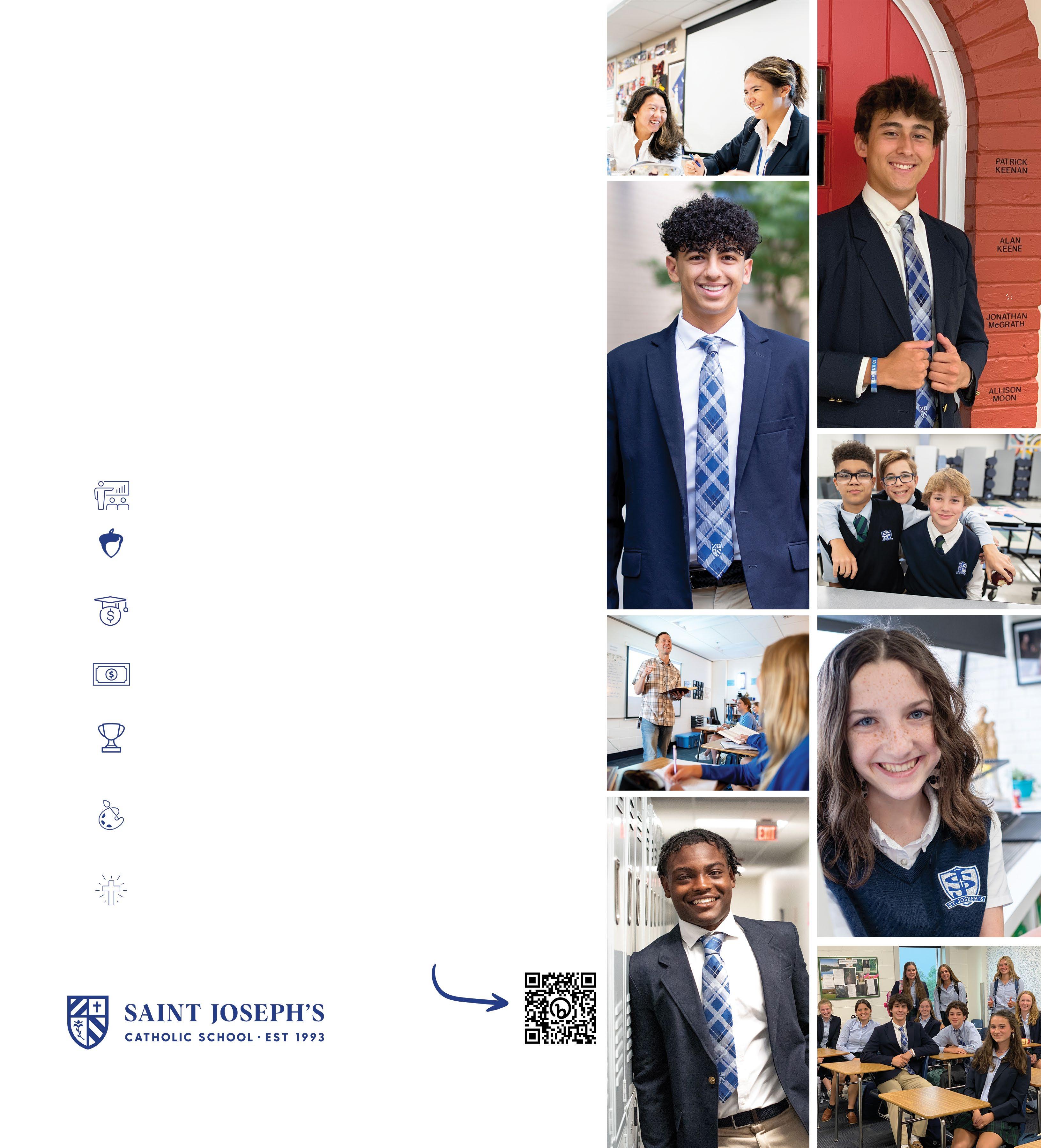


Articulation Agreement – Formal arrangements between two or more colleges and universities that specify how courses, a general education plan, and/or major requirements transfer from one institution of higher education to another. Articulation agreements are crucial for transfer students who need to understand how their credits will translate to other institutions.
Campus Interview – An optional component of the admission process where the student schedules a visit with an admission officer.
Campus Tour – An opportunity to observe campus culture, talk to current students, and visit the surrounding community.
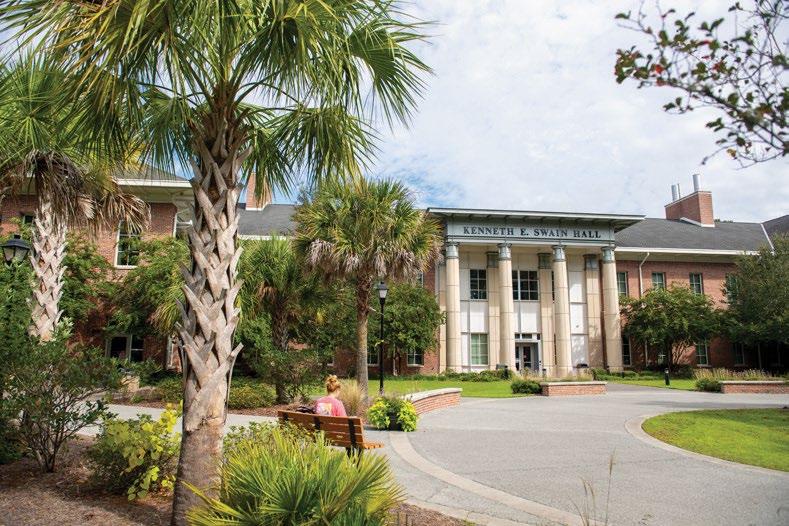
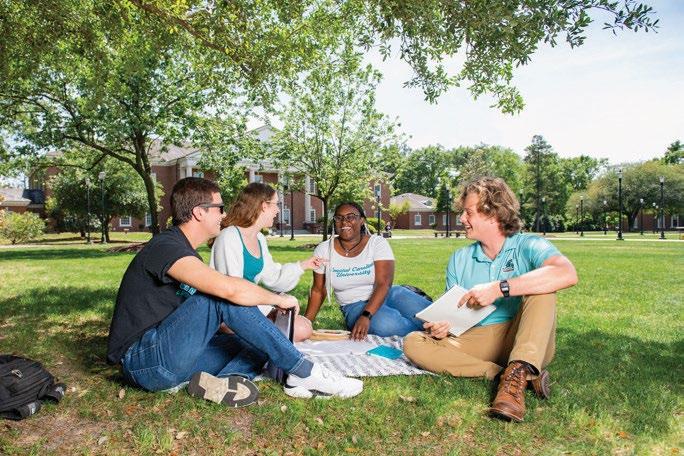
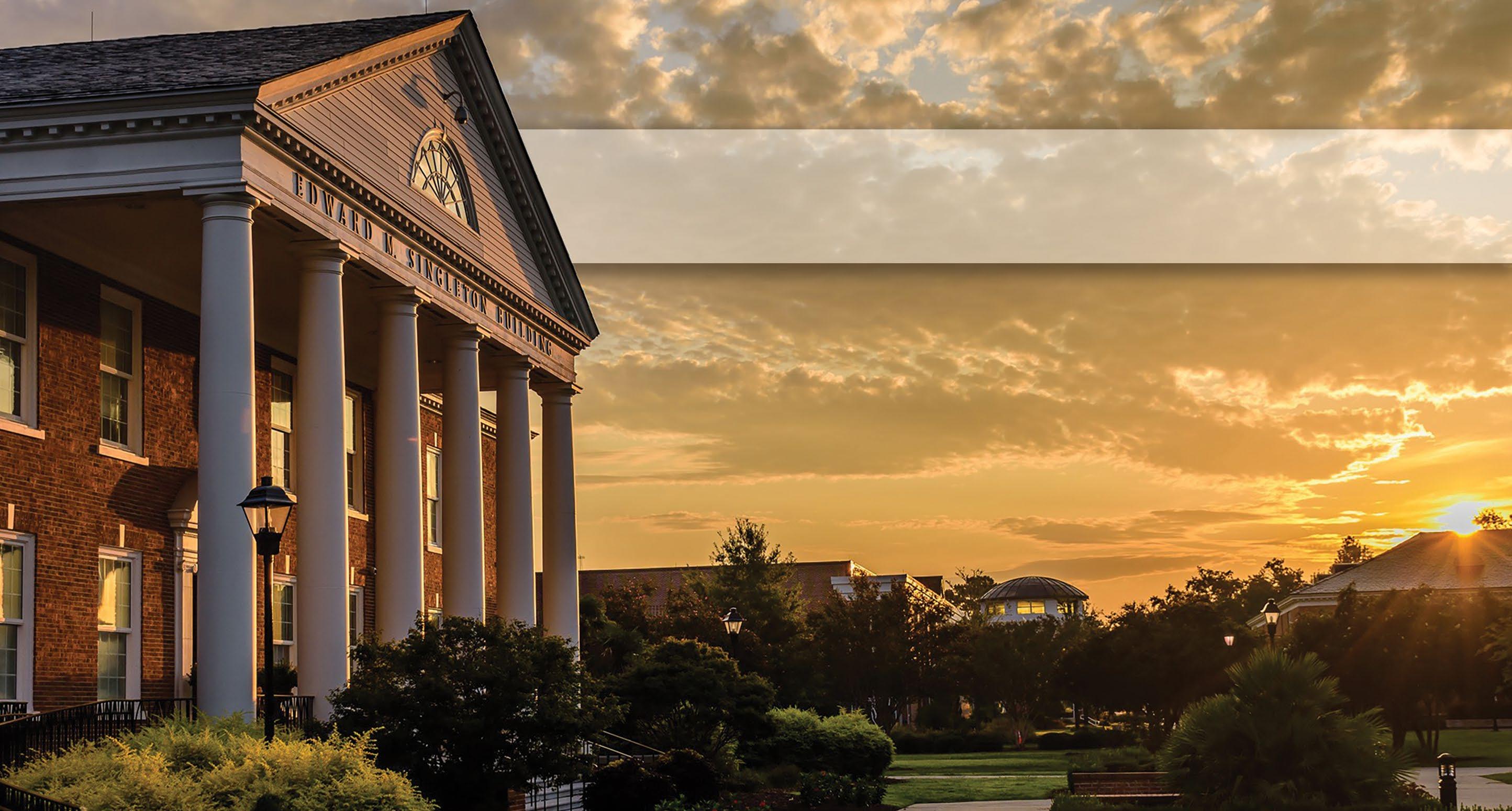
Class Rank – A measure used to show how a student’s academic performance compares to that of their peers within the same high school class.
The Coalition Application – A college application accepted by more than 140 colleges and universities. The application platform also offers a set of free online college


College Essay – A common component of the admission process that allows students to showcase their individuality.
College Fair – A convenient way for students to meet representatives from many colleges and universities under one roof.
Common Application – A college application accepted by more than 1,000 colleges and universities.
Conditional Admission – An offer of admission contingent upon certain conditions, such as a mandated grade point average.


Deferred Admission – A response to early applications wherein the student is not admitted but retains eligibility in the regular admission pool.
Deferred Enrollment – A decision made by the student to postpone their admission to college, sometimes used to take a gap year.
Demonstrated Interest – Various ways in which a student shows their interest in


of demonstrated interest vary from college to college, but can include taking a campus tour, contacting the admission office, registering for a overnight program on campus, and more.
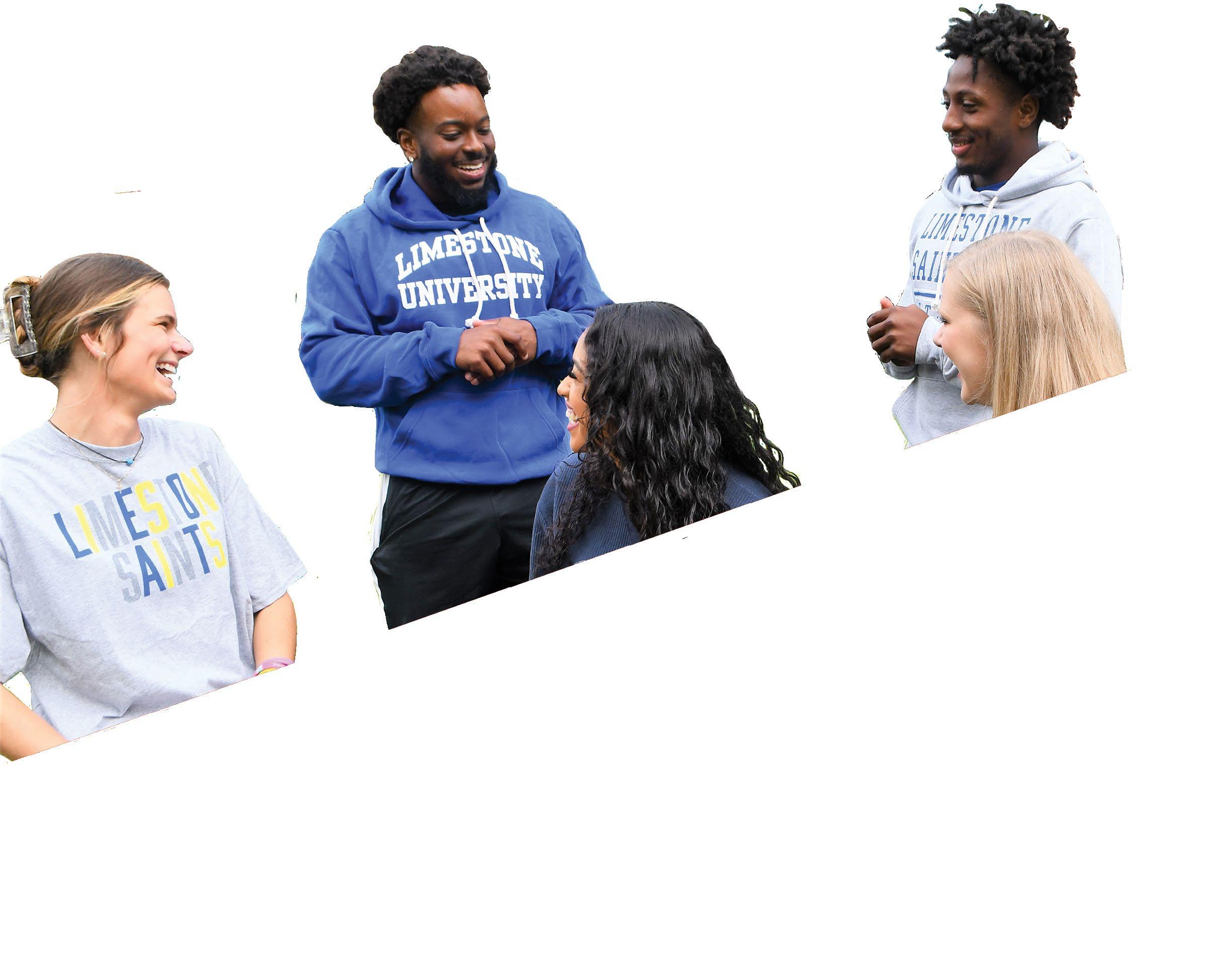
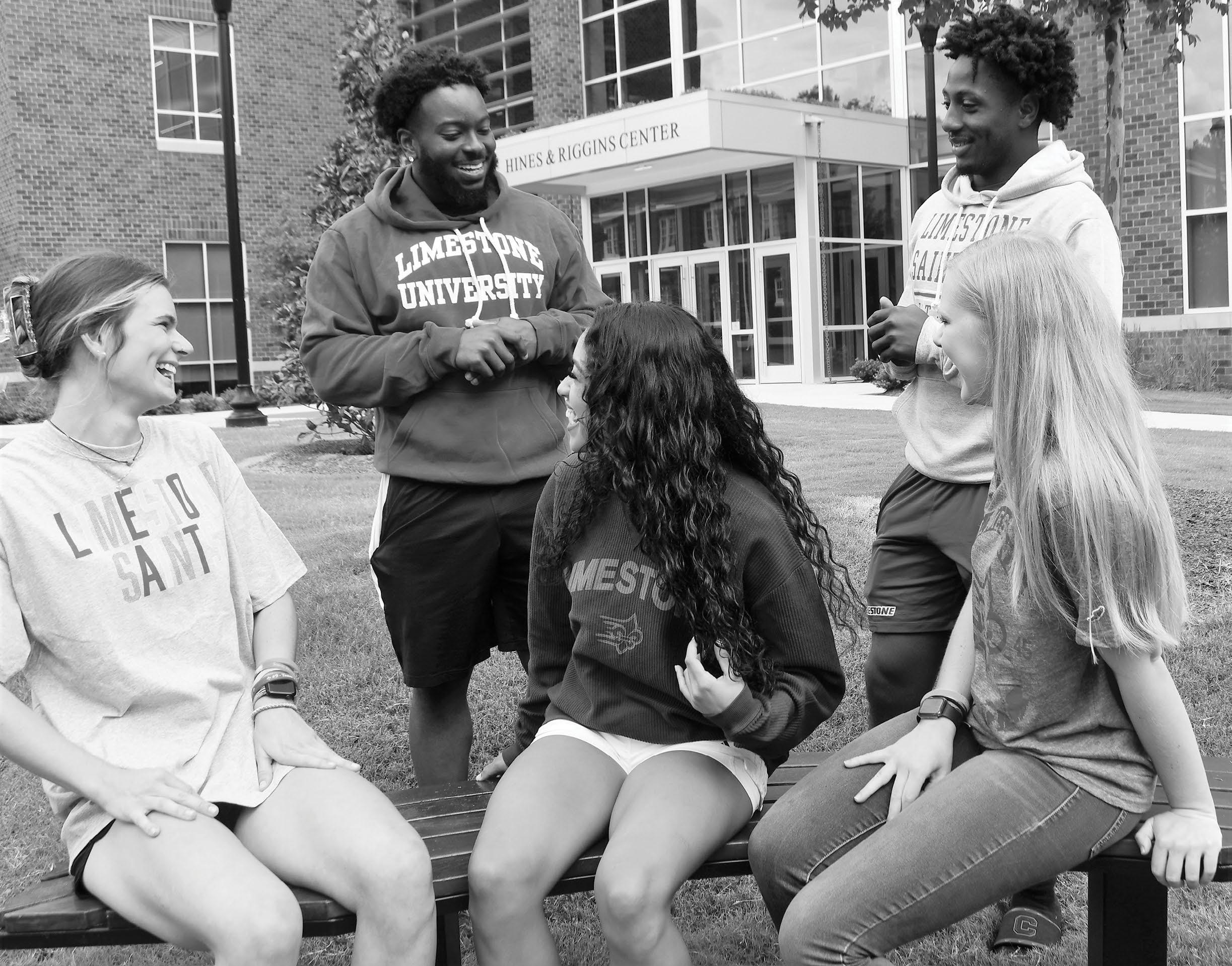
Early Action – Students apply by an earlier deadline to receive a decision in advance of the college’s Regular Decision notification date. Students will not be asked to accept the college’s offer of admission or to submit a deposit prior to May 1.
other college applications. Colleges may offer ED I or II with different deadlines. This is the only application plan where students are required to accept a college’s offer of admission and submit a deposit prior to May 1.
Free Application for Federal Student Aid (FAFSA) – Required application for anyone filing for federal financial aid, including all federal loans.

Financial Aid – Monetary assistance applied toward postsecondary

First-Generation – College applicants who are the first in their families to apply and attend a postsecondary institution.
Gap Year – A student’s decision to postpone their acceptance to college, usually during the year between senior year of high school and freshman year of college.

Grade Point Average – A component on high school transcripts that averages all of a student’s grades, typically on a 4.0
Historically Black Colleges and Universities (HBCUs) –Postsecondary institutions established prior to the Civil Rights Act of 1964 for the purposes of educating AfricanAmerican students.
Legacy – A student applicant with familial ties to the college or university to which they are applying.
Letter of Recommendation – Nonfamilial references submitted by students during the admission process.
Need-Blind – A policy of colleges and universities to extend admission offers regardless of a student’s financial status.



Open Admission – Non-selective admission policy.

Placement Test – A test given to students before they enroll in college, and usually after they are accepted, to align their educational needs with the appropriate coursework.

Private College – An academic institution financed primarily by tuition and endowments.


endowments, and state or local taxes. Tuition for in-state students is reduced and programs and policies are stateregulated.
Regular Decision – A decision offered during the regular admission cycle. Students submit their applications by a specified deadline and are notified of a decision within a clearly stated period of time.
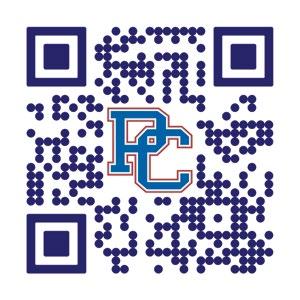
Restrictive Early Action –Students apply to an institution of preference and receive a decision early. They may be restricted from applying ED, EA, or REA to other institutions. If offered enrollment, they have until May 1 to confirm.
Retention Rate – The percentage of first-year students who continue at that college or university for a second year of studies.
Rolling Admission – Students apply at any time after a college begins accepting applications until a final closing date, which may be as late as the start of the term for which they

Selectivity – Institutional statistic that compares the number of students who apply to those who are accepted.

Standardized Test – A national college admission exam with subject areas in English, math, reading, and science with an optional writing component. The ACT and SAT are the two most popular versions in the US.
Summer Melt – A trend describing students who apply and are accepted to college, but ultimately do not attend.

Transcript – A student’s academic history, usually curated by a high school counseling department, submitted as part of the college application.


Wait List – Wait lists give students who were not initially admitted another opportunity to be considered for admission, and they help colleges manage their enrollments. By placing a student on the wait list, a college does not initially offer or deny admission but extends to the candidate the possibility of admission no later than Aug. 1 should space become available.

When her mother was ill, Maggie Judd ’26 came up with the idea to create a nonprofit business that lends medical equipment to tho se in need. When you , you ask questions with the belief that together, we can do anything. Make radical change for yourself and others.
Scholarships take work and research. Knowing where you want to go and your potential major is key. As you live in the state of South Carolina, you may qualify for state scholarships and grants. Check out South Carolina’s Commission on Higher Education’s website for more details. (See link below.)
Start with the College/University you wish to attend. Each school will have a link on their website regarding financial aid and scholarships. See if the school gives meritbased scholarships. Many schools review students for merit-based scholarships at the time of acceptance, so no separate application is required. Some colleges require a separate scholarship application, so research carefully. But, pay close attention to the school’s deadline for merit-based scholarships. The cut-off for applying often precedes the colleges’ regular decision deadlines.
visit South Carolina Commission on Higher Education at www.che.sc.gov.
to scholarships that fit your talents and academic successes. Take the time to write thought-provoking essays and make sure to get recommendations ahead of time. Most scholarship programs will ask for a transcript, recommendations, and essay.
If you volunteer or work, ask the organization that you are working with if they have a scholarship for graduating students. Check with your local religious affiliations and your home church.
Visit your school counseling department and find out how they distribute scholarships to students. Most high schools use a college and career readiness software for sending transcripts and often they have a tab for scholarships as well, such as Naviance. If local companies reach out to high schools, often they are added to their scholarship bulletin and made accessible to their students.
Most search engines allow students to create a profile to filter scholarships that fit their listed criteria: family income, grades, volunteer activity, test scores, race, etc. These sites are FREE! You should never pay for a scholarship search. A few reliable sources include:
fastweb.com
goingmerry.com
bigfuture.collegeboard.org
salliemae.com/scholarshipsearch
unigo.com
cappex.com
An additional great resource for undocumented students: getschooled.com/article/4334-financialaid-faq-for-undocumented-students/
Beyond merit-based scholarships there are several sites and local scholarships just waiting for students to apply. How do you find those scholarships?

One may ask, “What is a Historically Black College and University (H.B.C.U.)?”
Historically Black Colleges and Universities (HBCUs) are institutions that were established prior to 1964 with the principal mission of educating Black Americans. Although HBCUs were originally founded to educate Black students, the composition of HBCUs has changed over time.
In 2021, non-Black students made up 25 percent of enrollment at HBCUs. As of last year, there are 99 HBCUs located in 19 states, the District of Columbia, and the U.S. Virgin Islands. Of the 99 HBCUs, 50 were public institutions and 49 were private nonprofit institutions.
The HBCU community in South Carolina is home to eight institutions of higher education. The eight (8) colleges and Universities are South Carolina State University, Claflin University, Benedict College, Allen University, Voorhees University, Clinton College, Morris College, and Denmark Technical College. South Carolina State University is the only state supported HBCU in South Carolina. There are many notable HBCU graduates that have played vital roles in South Carolina from athletics, workforce, education to government.
Over the past century, HBCUs have helped to narrow racial wage gaps and reduce race and income inequality. Much remains to be done in both areas, but HBCUs have carved out an important place in U.S. higher education.

As of 2022, HBCUs enrolled 10% of Black undergraduates and awarded 20% of baccalaureate degrees earned by Black college students. HBCU graduates also rank high when it comes to the number of graduates who go on to pursue professional training. A shining example is Benedict College, which is the home of only two (2) ABET certified Environment Engineering undergraduate programs in South Carolina.
The years that I spent enrolled as an undergraduate student as a marketing major at South Carolina State University provided me with the opportunity to learn my history, build self-confidence, and create a desire to strive for excellence in all my life pursuits. The life experiences and knowledge that I gained as a student provided me with the foundational pillars needed
for positions of leadership as a business owner and in various roles in the community, higher education, government and in the corporate world.
The intentional strategies that I use today and how to think critically were processes that I was taught at South Carolina State University. Understanding the importance of having a sphere of influence were also strategies that I learned as a marketing major that I use daily in business, working relationships, and community engagements.
HBCU graduates have a true bond like no other, and it’s instilled in HBCU graduates, regardless of the institution, to make a difference in the lives of others, to be leaders in their communities, and to be great examples of a public servant. The lessons I learned at SCSU are on display regularly and have provided me with a platform to serve in many leadership capacities from serving as a former At-Large School Board Trustee, former President of Phi Alpha Chapter of Omega Psi Phi Fraternity, Incorporated, to my position today as the Director of Workforce Engagement at Renewable Water Resource (ReWa), where I lead efforts to build relationships, collaborations and partnerships that stretch beyond Greenville and the state.
Many of the friendships that have been built in my life are with individuals who were my friends and classmates during my years as an undergraduate. In fact, I met my wife as an undergraduate at SCSU. The HBCU Experience is real and lives on with many traditions from the classroom and on the yard experiences, to battle of the bands, football classics and homecoming.
Put an HBCU on your list of college choices, I did, and it was the best choice I made to further my education.

www.commonapp.org and www.mycoalition.org
Apply to college online! Over 1000 colleges and universities accept the Common Application, helping students streamline the application process. The Coalition Application is accepted by 150 institutions
www.sccango.org
Link to SC college and university websites and explore admission requirements, financial aid and scholarship opportunities, majors offered, student life, and much more.
www.che.sc.gov
South Carolina Commission on Higher Education; a great resource for state scholarship program information.
www.collegeboard.org
Register for the SAT, send scores to colleges and link to free test preparation; complete the CSS Profile (financial aid document required by some colleges), search for scholarships.
www.act.org
Register for the ACT, send scores to colleges, and link to free test preparation.
www.fairtest.org
Organization dedicated to making the testing process for college admission fair and equitable. A listing of test optional colleges and universities is available on this site.

nces.ed.gov/collegenavigator
National Center for Education Statistics (valuable, unbiased data)
www.ncaa.org
Home page for the National Collegiate Athletic Association; students planning to compete in collegiate athletics at the Division I or II level must register with the NCAA Eligibility Center.
Navigating the world of college financial aid can be a daunting and intimidating task. It seems at times that there are more questions than answers, and the answers you do receive are filled with new vocabulary words, acronyms, and ambiguous data that is challenging to discern. It can all be a bit overwhelming. This article is meant to help you navigate the tumultuous waters of financial aid ahead. We sought out experts in the field from various colleges and types of institutions and asked them to provide their most pertinent advice and information about this process. We hope it helps you journey the changing tides of college financial aid.

Shelby Maguire, Director of Financial Aid and Financial Wellness at Lafayette College begins by sharing, “One of the keys to the financial aid process is knowing where to start. Any and every college where you are seeking to apply for financial aid will require the FAFSA. So, this is a great starting point!”
Carolyn Sparks, Associate Vice President for Enrollment and Director of Financial Aid at Wofford College adds, “The Free Application for Federal Student Aid (FAFSA) is the center of all federal need-based financial aid, state need-based financial aid and maybe even institutional need-based financial aid. The FAFSA covers grants, federal work-study and student and parent loans. I encourage completing the FAFSA at least the first year to establish a baseline for need. It only takes a little time to share your income and asset information, and the government has made this process easier over time. Your Student Aid Index (SAI) will be calculated and used to determine your financial need based on the Cost of Attendance (COA).
The FAFSA usually becomes available October 1st of each year for the following academic year, but it has been delayed for 2024-25 based on some legislative changes. It is anticipated to be released in mid- to late-December. So, by the end of the year, the 2024-25 FAFSA will be released (for students entering college in the fall of 2024). Use the income information for 2022 to complete this application.”
Maguire shares, “The first part of completing the FAFSA is to create an FSA username and password. It is very important to do this step carefully, taking care to use a different email address for each person and creating individual IDs. You do not need to wait until the FAFSA is released to create your username and password. You
can visit https://studentaid.gov/fsa-id/createaccount/launch to get started. The student and one parent (in some cases, both parents) will need to create a username and password to sign the completed FAFSA. Remember that two people cannot use the same email address or cell phone number to set up their FSA ID.”
She goes on to indicate what information and documents you will need:
• Your Social Security number
• Your parents’ Social Security numbers if you are a dependent student
• Your driver’s license number if you have one
Your Alien Registration number if you are not a U.S. citizen
You will access your federal tax information from the IRS while you are completing the FAFSA, but in some cases, you will need your and your parents’ federal income tax returns and W-2 forms Records of child support received
• Information on cash; savings and checking account balances; investments, including stocks and bonds and real estate (but not including the home in which you live); and business and farm assets for you and for your parents if you are a dependent student
What if my parents are separated or divorced?
It does not matter which parent claims you as a dependent on their taxes; use the information of the parent who provided the most support in the past 12 months. If the parent for whom you provide information is remarried, then you must also provide your stepparent’s information.
Who are your legal parents?
Reyonna Parrish, Financial Aid Program Manager for Outreach at Florida State University shares, “If you are considered a dependent student for Free Application
to provide information about your legal parent(s) on the application. A legal parent is your biological or adoptive parent, or your legal parent as determined by the state (for example, if the parent is listed on your birth certificate). If you have a stepparent currently married to your legal parent, generally, you must also provide information about your stepparent. Unless otherwise noted, “parent” means your legal (biological and/or adoptive) parent or your stepparent. Grandparents, foster parents, legal guardians, older brothers or sisters, widowed stepparents, and aunts and uncles aren’t considered parents unless they’ve legally adopted you.”
What if I have unusual circumstances?
Elizabeth Milam, Director of Student Financial Aid at Clemson University, advises, “If you have unusual circumstances that you think might affect your dependency status or whom you should count in your household, you should talk to the financial aid office at your prospective college. They can help you understand what the college will need to document
your unusual circumstances, such as homelessness or having a legal guardian. Your financial aid administrator has dealt with all types of situations and will handle your questions with compassion.”
Some tips and points to remember regarding the FAFSA:
• If you need help completing the FAFSA, check with your college, universities, or technical institutions in the area. Financial aid representatives can assist you for free. (Parrish, FSU)
• The FAFSA needs to be completed each year if you’re receiving grants, loans, and institutional grants. (Parrish, FSU)
• The FAFSA only collects financial information from the previous tax year. If your family experiences a significant change in income and/or has unusual expenses, contact the Office of Financial Aid for further guidance. If warranted, you will be asked to provide documentation of the situation. The end result could be additional aid for you to attend the college of your choice. (Sparks, Wofford)
• Time is of the essence as free funding (grants)

are awarded first-come, first-serve based on eligibility as determined by the FAFSA and availability of funding at the school at the time you applied. Your eligibility will differ from institution to institution as determined by the FAFSA. (Parrish, FSU)
Experts share some other general tips to get you started:
When visiting a college or university, ask if you may have the opportunity to speak with someone in the financial aid office. Prepare a list of general questions as well as school-specific ones. Ask if the school requires additional financial aid forms for financial aid and scholarship consideration.
(Sparks, Wofford)
• Set up a workspace, calendar, and designated weekly time to work on college forms and scholarship applications. You will be less likely to put off tasks or miss deadlines if you have a designated time to work on items. Parents or mentors can act as timekeepers and proofreaders, but students should do the work.
(Milam, Clemson)
• Consider your college choices and APPLY! Each school has different criteria for awarding financial aid,
so your financial aid will vary from school to school. (Sparks, Wofford)

• Be willing to invest your time. Application and essays take time, but if you work for an hour and earn a $500 scholarship, that is a great payoff! You can often rework essays from homework assignments or reuse pieces for multiple applications. That is perfectly ethical as long as it is your work. (Milam, Clemson)
• Financial aid ranges from grants, scholarships, workstudy opportunities to student and parent loans. When you receive your financial aid offer each year, be sure to review the terms and conditions of your awards. You may decline any awards you are offered. For example, you may be offered a loan and decide to decline it. That’s okay. (Sparks, Wofford)
Colleges may require additional financial aid applications in addition to the FAFSA. For example, the CSS Profile is an online application used by some colleges and scholarship programs to award institutional aid. It is important to see what each college is requesting and keep track of each individual institution’s deadlines. (Maguire, Lafayette)
• Make sure you regularly check your emails and/or texts for announcements and notifications from both the admission office and the financial aid office. (Sparks, Wofford)
• Avoid scams and fees. Scholarship searches such as FASTWEB.com are available for free. Do not pay search fees, application fees, or processing fees. Most of these offers are scams; even if they eventually give away a small scholarship, they are making money. (Milam, Clemson)
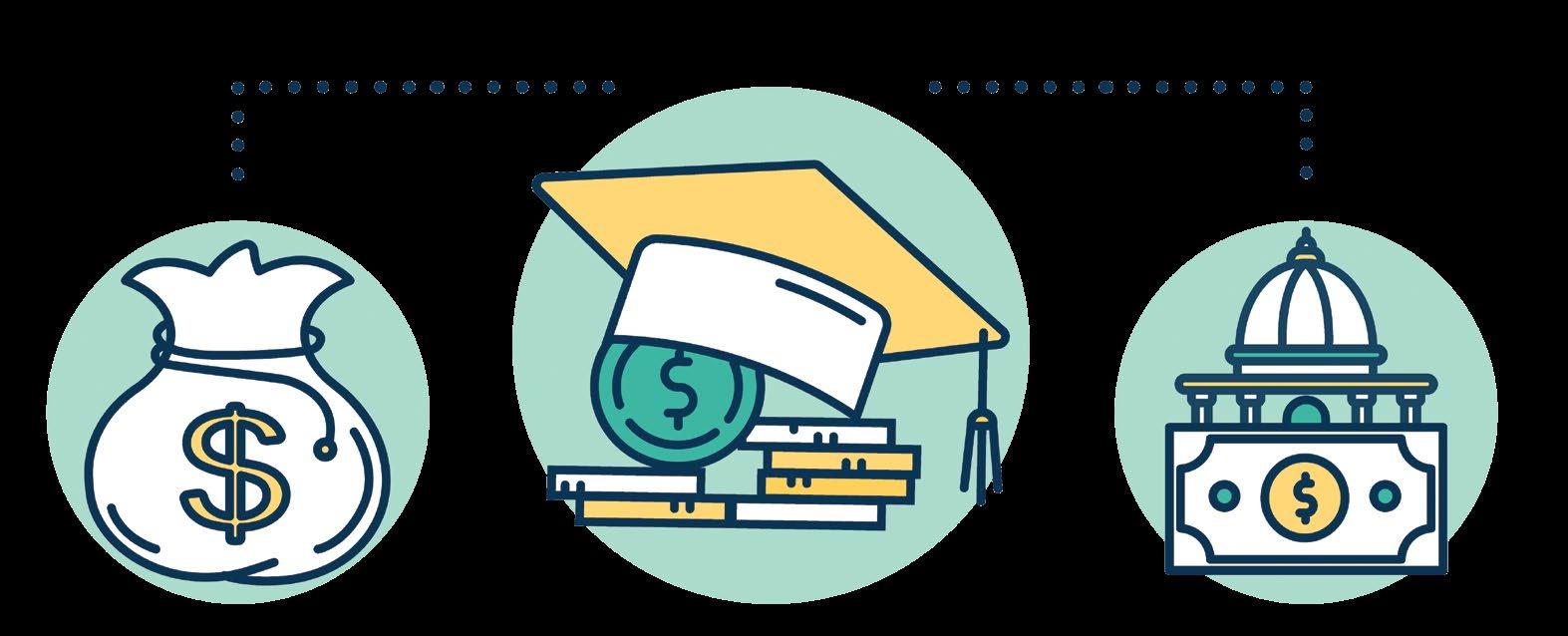
• Use all available resources, pay attention to school announcements, and attend college planning functions. Look for information from your school, church, employers, clubs, and civic organizations (yours, your parents’, and your grandparents’). (Milam, Clemson)

• Keep records of your financial aid documentation. If you are asked to submit federal tax records to the financial aid office, keep a copy for your records. For that matter, maintain copies of anything submitted because you never know when you may need those documents again. (Sparks, Wofford)
Let your guidance office help you! If your school offers a financial aid/college night, GO! You will gain a great
deal of knowledge on the entire process and have a better understanding of the different sources of financial aid. (Sparks, Wofford)
• Finally, do not be afraid to ask questions. You have a wealth of resources available at your disposal – use them. (Parrish, FSU)
Sparks wanted to leave this final piece of advice, “Prepare for the future! It’s so easy to get caught up in the excitement of college planning, but it’s really important to remember that the cost of college usually increases each year. You and your family need to plan and prepare for that possibility.” Maguire concludes by stating, “Applying for financial aid can be a stressful and overwhelming process. We hope this article helps demystify the financial aid process and helps you understand ‘it’s really not that bad.’”
For more information about the FAFSA, visit: studentaid.gov/apply-for-aid/fafsa/filling-out
Shelby (Smith) Maguire
Director of Financial Aid, Director of Financial Wellness, Lafayette College
Elizabeth Milam
Director of Financial Aid, Clemson University
Reyonna Parrish, MA
Program Manager, Outreach, Florida State University
Carolyn B. Sparks
Associate Vice President for Enrollment and Director of Financial Aid, Wofford College




A university education has never been more important. The New York Times just counted GWU among the top universities in America for economic mobility for our graduates. Gardner-Webb is committed to making your degree affordable. We grant millions of dollars in student aid every year, for students like you.
GARDNER-WEBB IS:
• One of the leading private Carnegie Doctoral Universities in North Carolina, with Duke and Wake Forest.
• A liberal arts University with a 117year tradition of excellence.
• A beautiful rural campus in the foothills of North Carolina.
• Home to students from 91 N.C. counties, 45 U.S. states and 46 foreign countries.
Gardner-Webb University is the Carolina’s recognized leader in private, Christian higher education.
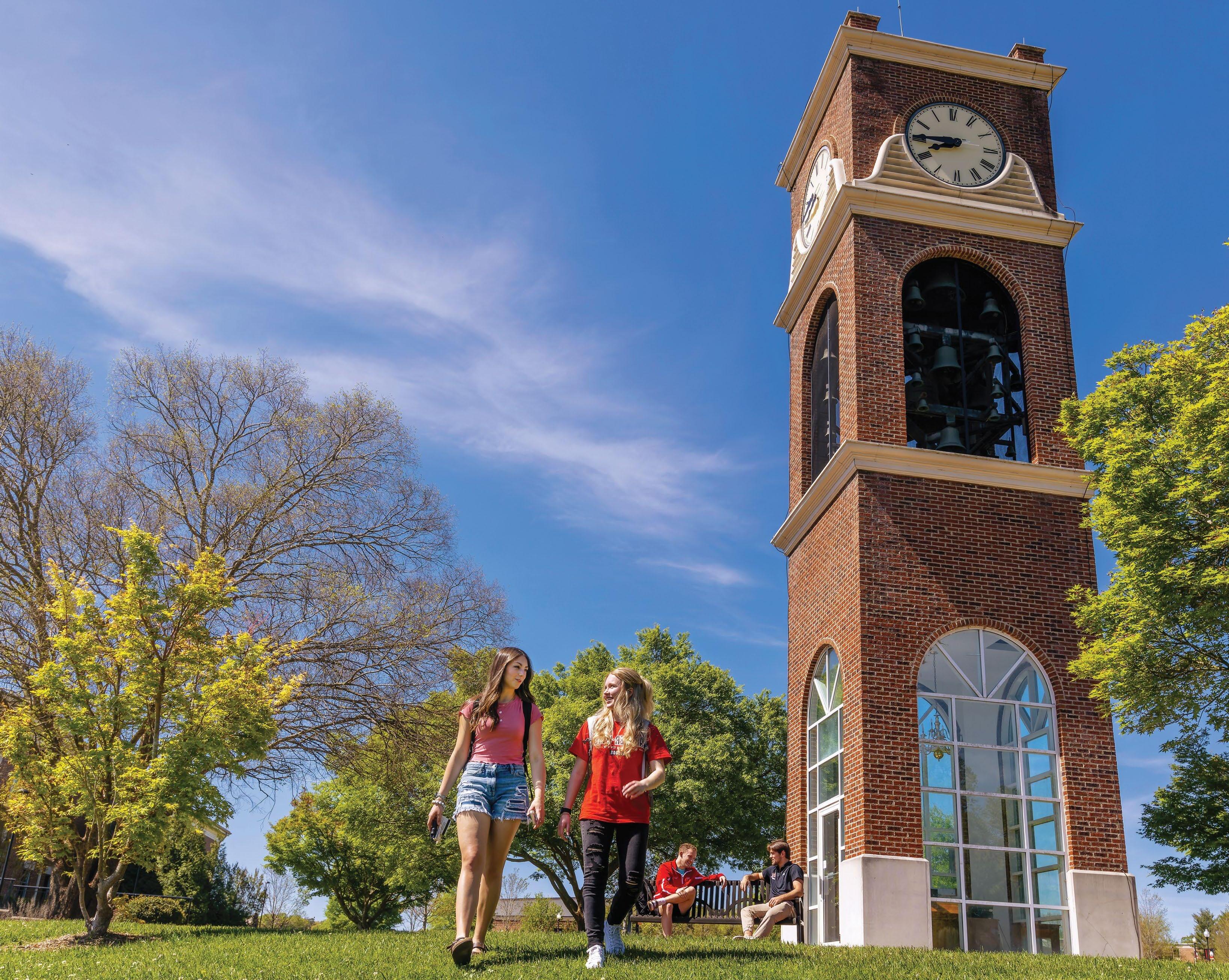
HOME TO
• Six professional schools
• Fourteen academic departments
• More than 80 undergraduate and graduate majors, online and seated
• A world-class faculty from across the globe
Our goal is to educate the whole student, which means we want our graduates to be equipped with both intellectual breadth and professional readiness. Faculty here have worked hard to shape, and then reshape, a curriculum that attracts, engages, and prepares students for society’s diverse and dynamic needs. It’s wonderful to see their efforts externally validated and to have our University come out on top.”
— GWU President Dr. William Downs The New York Times Ranked Gardner-Webb University the #1 Safest Campus in North Carolina.